A few months ago I had been with friends discussing their experiences with different diets; Keto, low-carb, vegan, vegetarian, plant based etc. Of my five friends two swore by keto and the other three raved about their plant based diets (PBD). A friend described to me how having tried both (Keto & PBD) they felt they had much more energy, vitality and abundance of choice following the plant based diet. In my never ending quest to satisfy my culinary/dietary curiosity, I decided to increase my research sample and head online to find out others’ experiences. After my research seemed to coincide with my friends opinion, I decided to do what’s best with any diet/ trend and try it out myself!
Before I ventured off to Whole Foods to gather my supplies, I had to clue myself up on exactly what constitutes a plant based diet. Below is a summary of my discovery process. Hopefully my research will make the transition to a plant based diet easier for anyone else looking to make the switch themselves!
My first question was, what exactly is a plant based diet?
It appeared to me that there are six categories that are commonly classified as plant based diets;
- Ovo-vegetarians – Don’t eat any dairy or animal foods except eggs
- Lacto-vegetarians – Don’t eat meat, poultry, seafood and eggs but do eat dairy products.
- Lacto-ovo vegetarians – Don’t eat seafood, meat or poultry but do eat eggs and dairy foods.
- Vegans (not necessarily plant based) – don’t eat any animal products at all, including dairy, honey and eggs.
- Pescetarians – don’t eat animal products with the exception of fish and/or shellfish.
- Semi-vegetarians (or flexitarians) – avoid animal products but occasionally eat meat or poultry
The basic summary is that a plant based diet refers to the consumption of mostly plants (who would have guessed?!) but some proponents will consume an occasional mix of animal products, eggs or dairy. At this point you will have to decide which approach is the right one for you!
What foods are allowed on a plant based diet?
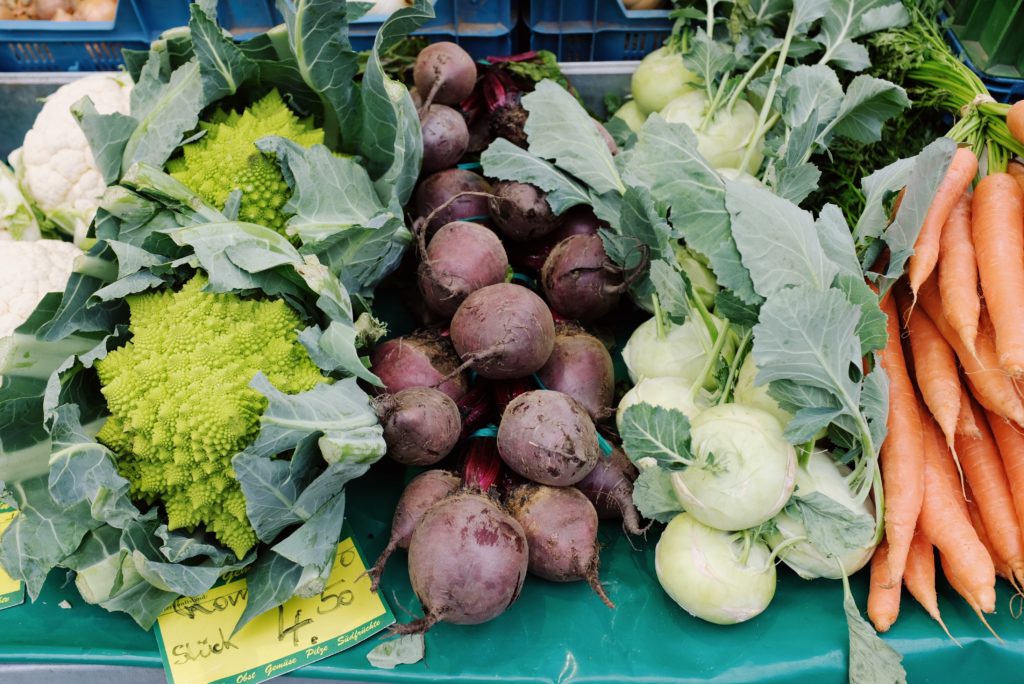
Thankfully the choices are abundant and varied;
- Vegetables: kale, spinach, tomatoes, cauliflower, potatoes, squash, etc.
- Whole grains: brown rice, oats, quinoa, barley, etc.
- Legumes: peas, chickpeas, lentils, peanuts, beans, etc.
- Plant-based protein like tofu or tempeh (find more below!)
- Nuts and nut butters
- Seeds
- Fruits
- Plant-based oils
- Spices and herbs
What are the liquids that I can primarily consume?
Unsweetened beverages: WATER, coffee, tea, sparkling water, almond milk, hemp milk etc.
Pro tip: If you want to consume fruit or vegetable juices always make them yourself, this will not only make them more fresh and tasty, but will also ensure nothing unwanted will be added to the juice!
What are the best sources of protein on a plant based diet?
As I have been working to gain muscle mass recently, I wanted to ensure that I could get enough protein and Branched-Chain Amino Acids (BCAAs), needed for muscle growth, on a plant based diet. Thankfully there is a wide variety of choices on a PBD from which you can gain sufficient protein and BCAAs. These selections include but are not limited to;
- Tofu, tempeh, and edamame
- Lentils
- Chickpeas
- Peanuts
- Almonds
- Quinoa
- Chia seeds
- Hemp seeds
- Beans with rice
- Potatoes
What would a day of consumption on a plant based diet look like?
Breakfast – Coffee with almond milk, nut and fruit oatmeal (rolled oats, ground cinnamon, fresh strawberries, ripe banana, chopped cashews and almonds, dried raisins and cranberries)
Lunch – Lime sparkling water, curried cauliflower and lentil salad (cauliflower, coconut oil, curry powder, sea salt, green curry paste, tahini, lemon and lime juice, kale, spinach, lentils, cilantro)
Dinner – Water, a bowl of raspberries and blueberries, Quinoa and kung pao edamame bowl (quinoa, coconut oil, edamame, dried chiles, roasted unsalted peanuts, soy sauce, toasted sesame oil, carrots)
What are the top three tips for someone looking to transition to a plant based diet?
Having now been trying a strict plant based diet for the last two months I would like to put forward my top three tips to ease the transition.
Start slow
As with everything new it can be difficult and disheartening to attempt to go from 0-100 straight away. Start with one plant based meal a day, rotating through breakfast, lunch and dinner each day for a week. On the second week have two plant based meals a day. As you find yourself exploring new ingredients and slowly building up a list of recipes that you enjoy, the transition to a full plant based diet will be much smoother!
Be creative
A plant based diet is not a restrictive one! There are many colorful and wonderful ingredients to choose from. Spend time researching different recipes online and try to cook with as much variety as possible. You will hopefully find that you will be cooking a greater variety of dishes than before the transition.
Become a student of food
As you pay more attention to the types of food you are consuming, you should also pay attention to the fats, protein, vitamins, minerals and fibre those foods provide. Studying the properties of the foods you consume not only results in a greater understanding of how to provide a balanced diet but also keeps you motivated to eat clean as you understand the direct benefits of doing so.
Personally I have so far had a great experience undergoing a plant based diet, it was not easy to give up the In-N-Out double double but the three bean double double I have been making sure gives it a run for its money! I hope anyone on the edge of giving it a go takes the step to try, there are so many great sustainable recipes to be explored!
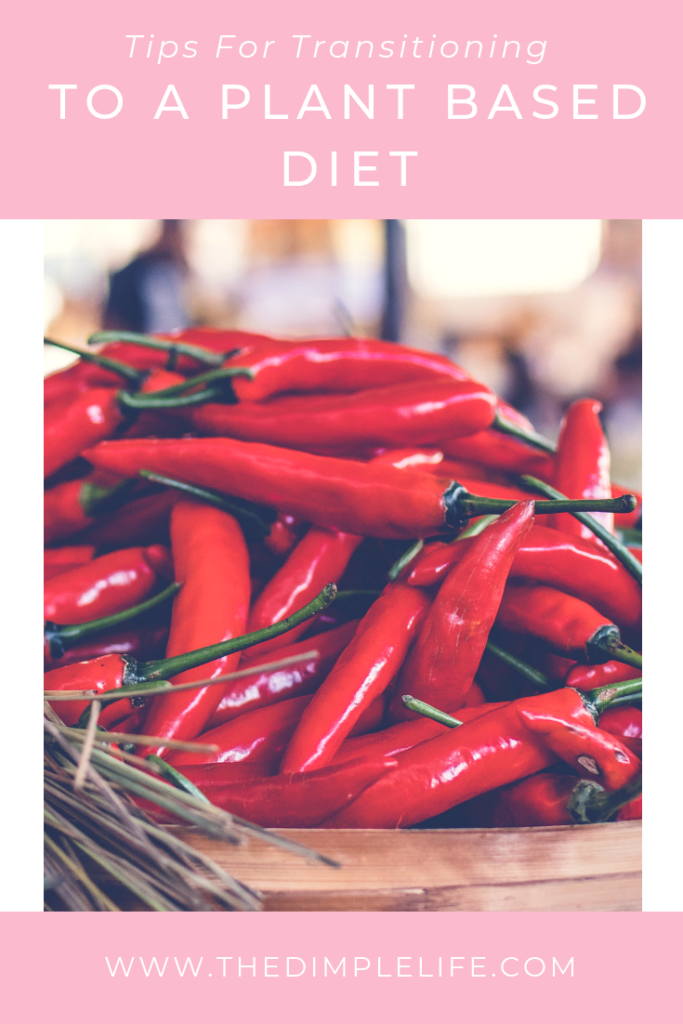

Kaitlin is a travel writer and marketing consultant. On any given day, you can find her surfing, reading, and/or on the eternal search for the cutest cafes (with tons of power sockets, of course).

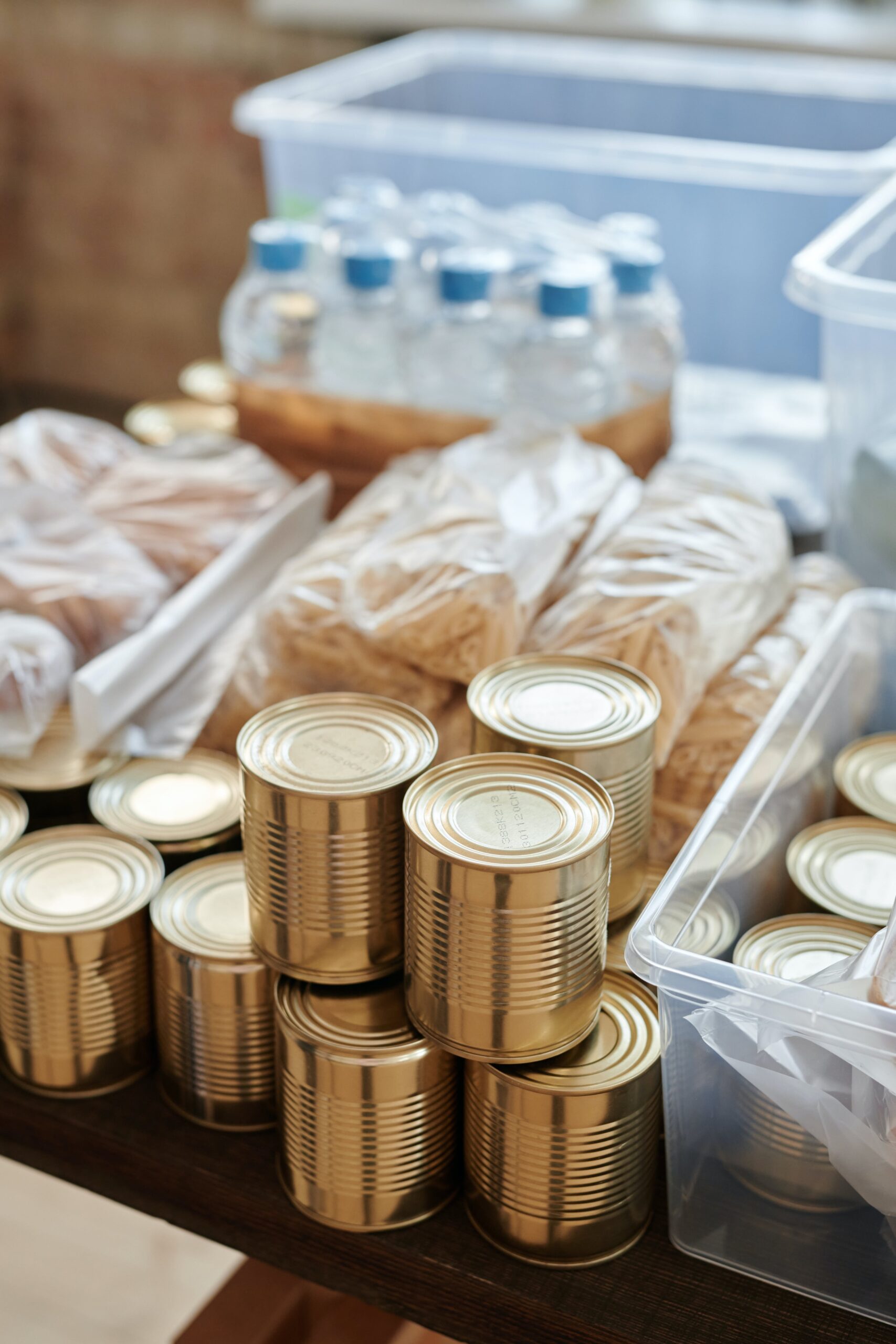








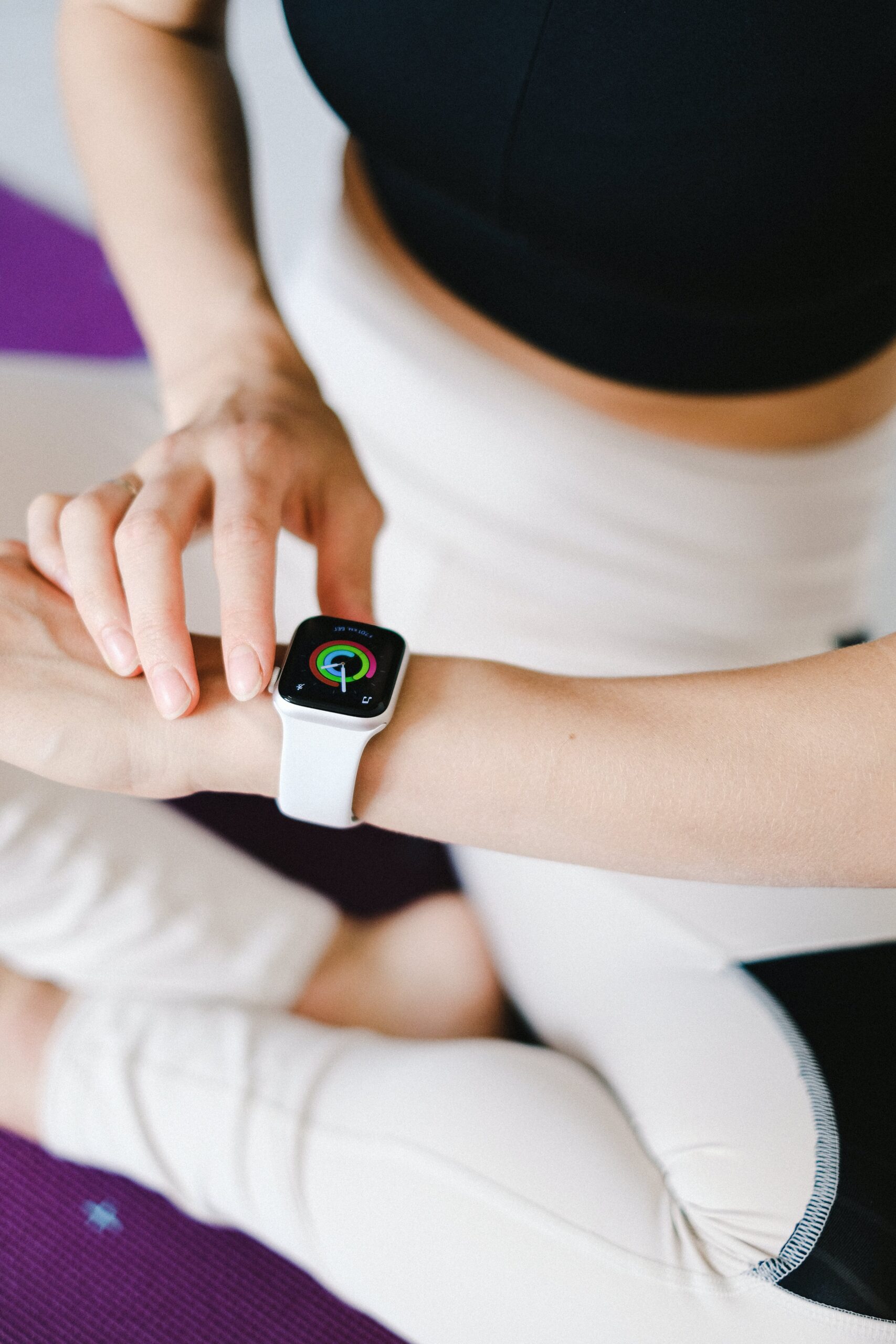


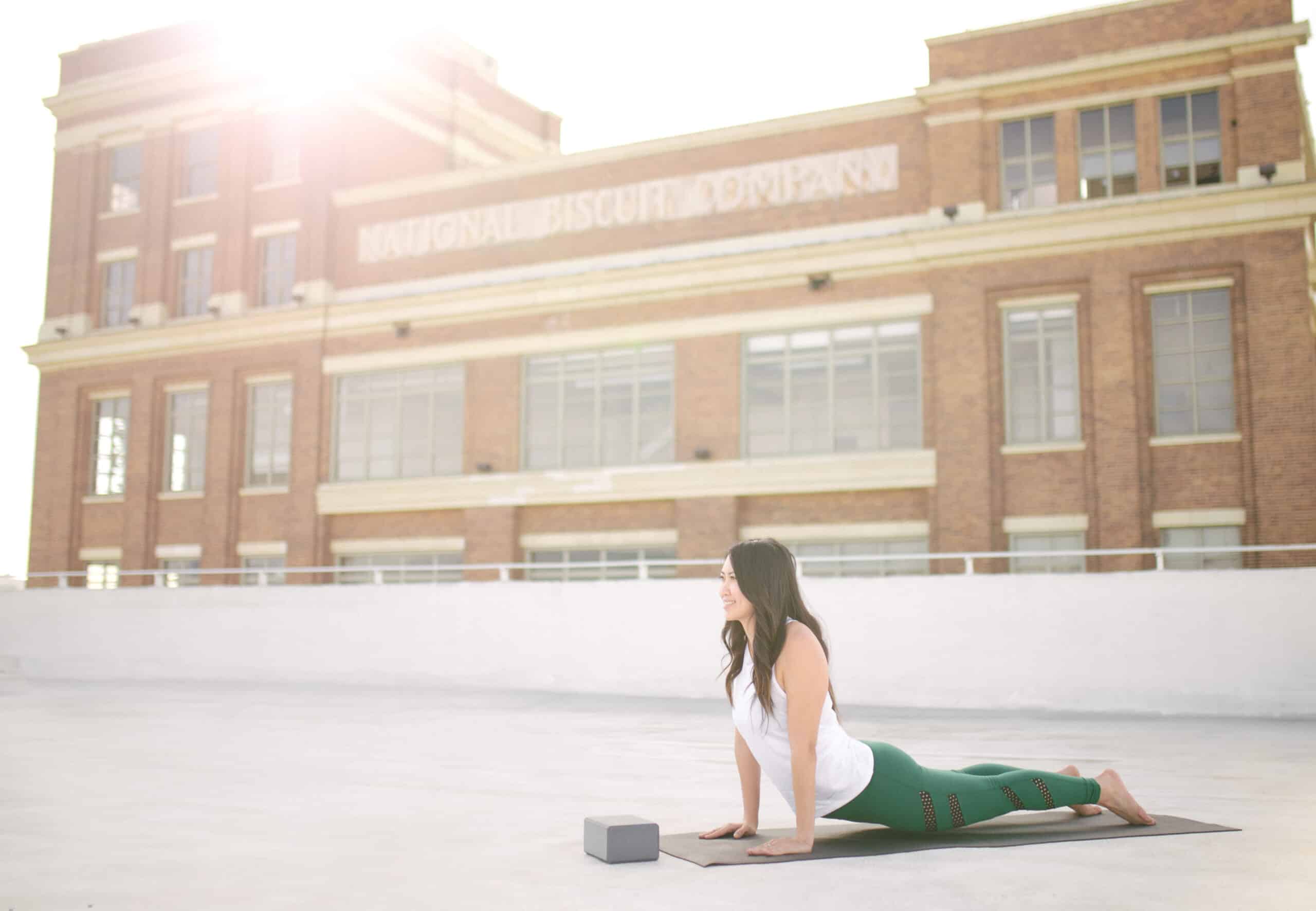
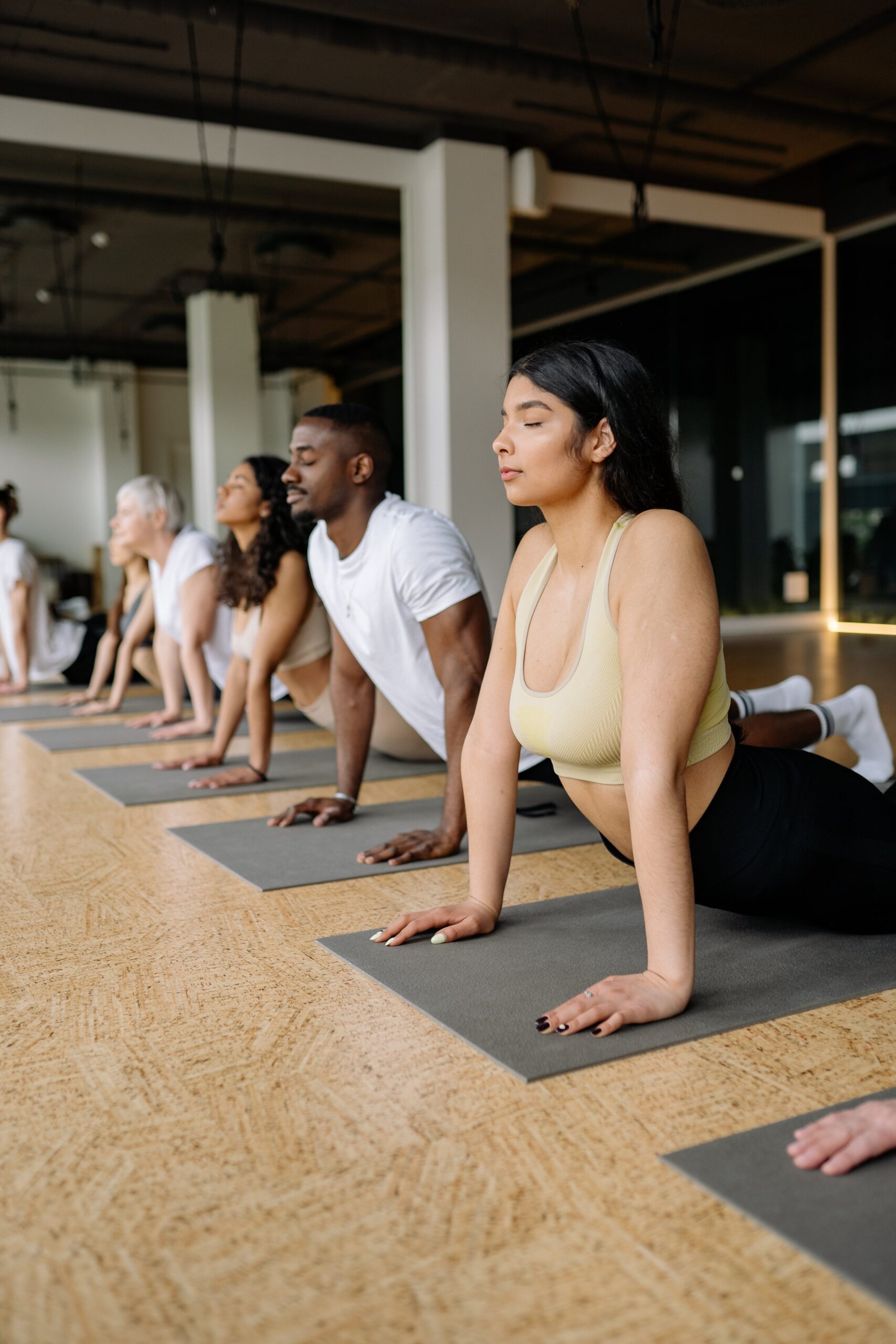

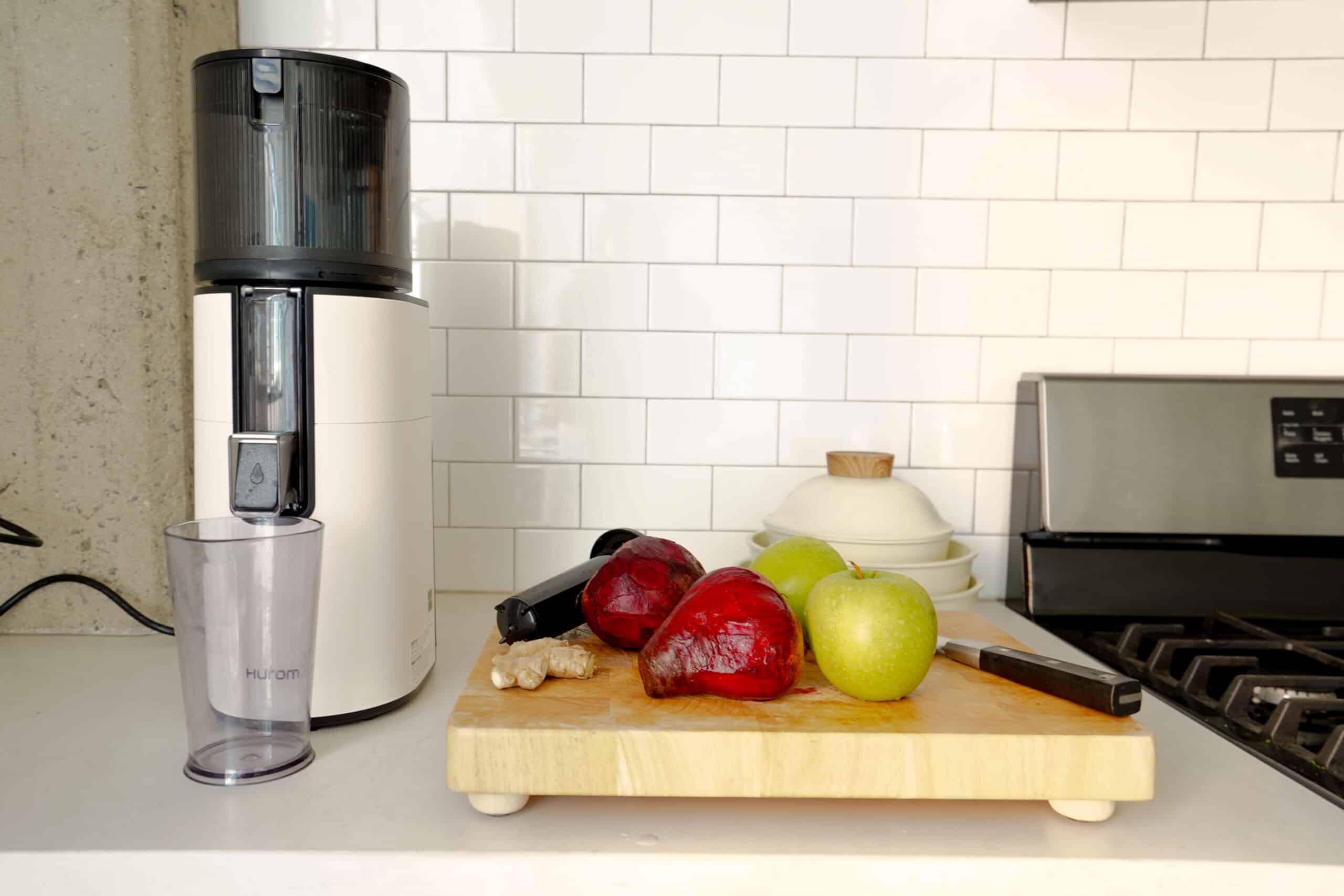
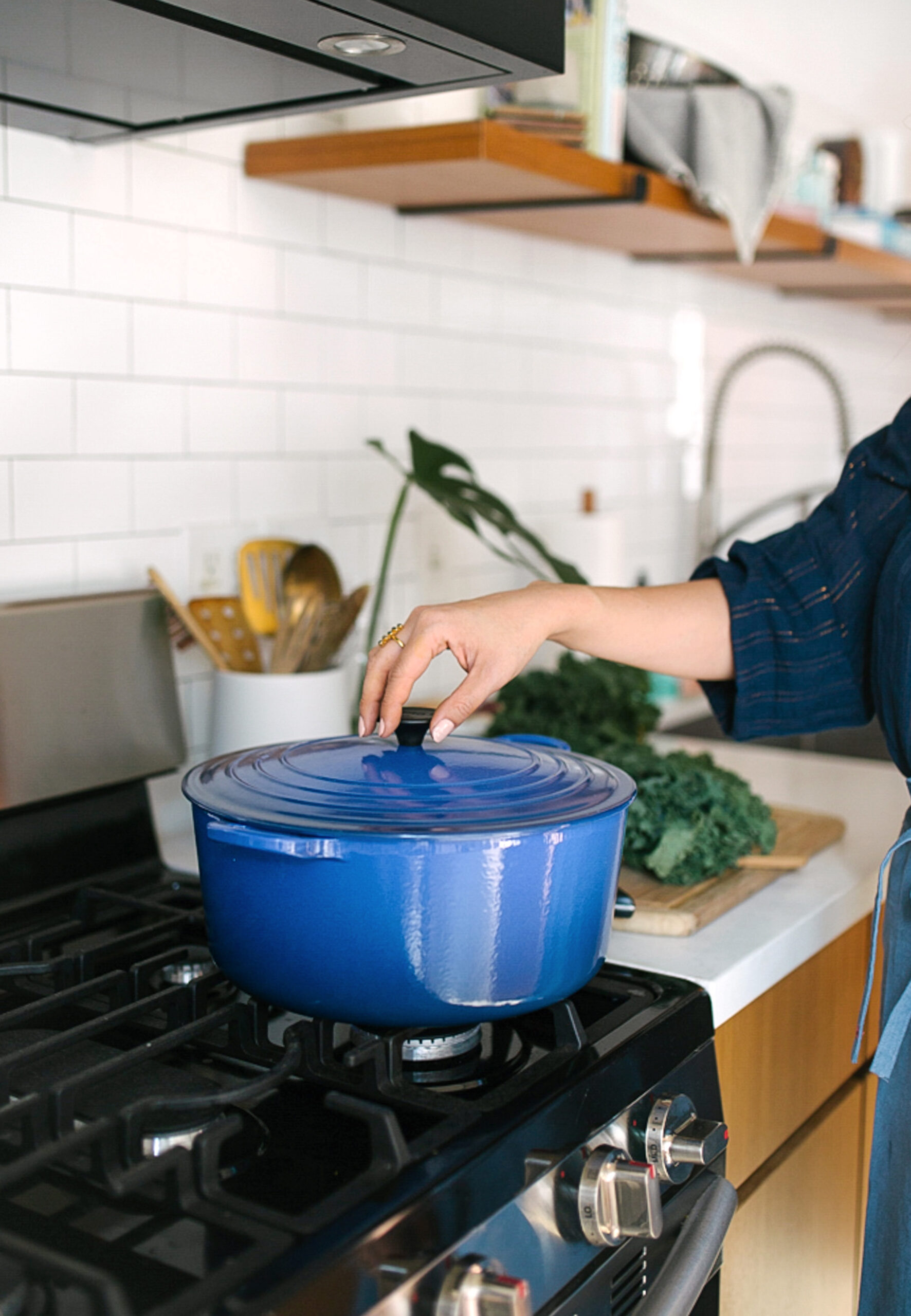







Broccoli contains more protein per calorie than steak and, per calorie, spinach is about equal to chicken and fish. Of course, you’ll need to eat a lot more broccoli and spinach to get the same amount of calories that you do from the meat. Great article!
Love knowing that! Didn’t realize. Vegetables are truly healing and powerful!
I found the easiest method to go plant based was to reward myself with a new vegetable. Week one just potatoes. Week two add carrots or some other vegetable. Before long you are eating all fruit and vegetables. I didn’t feel like I was denying myself food after the first week. Been vegetarian for about 4 years. Never going back.
That is a great system! I hadn’t thought of that. Thank you for sharing! How is your health after the switch? What noticeable differences have you felt?
It’s so nice to see more people out there interested in the healing power of the plant-based lifestyle! You missed one category..There are many of us who have transitioned to a 100% Whole Food Plant-based way of life. We eat no meat, dairy, eggs or anything else that is an animal byproduct. We also avoid preservatives and SOS (sugar, oils and salt). Some do use honey and maple syrup (pure 100% plant based syrup, no corn starch or. preservatives).
It took me 2 months to transition to a 100% plant-based lifestyle. I call it a lifestyle because I’m not dieting. This is the way I’ll eat for the rest of my life!
I lost 5 1/2″ off my waist in the first 2 weeks and 24 lbs in the first 2 months with almost NO exercise! Now that I’ve lost weight and I
eat all healthful foods I have so much more energy and want to exercise!
Thank you for sharing! That is exactly right, it is a lifestyle! Happy to hear that you have energy and are motivated to exercise!